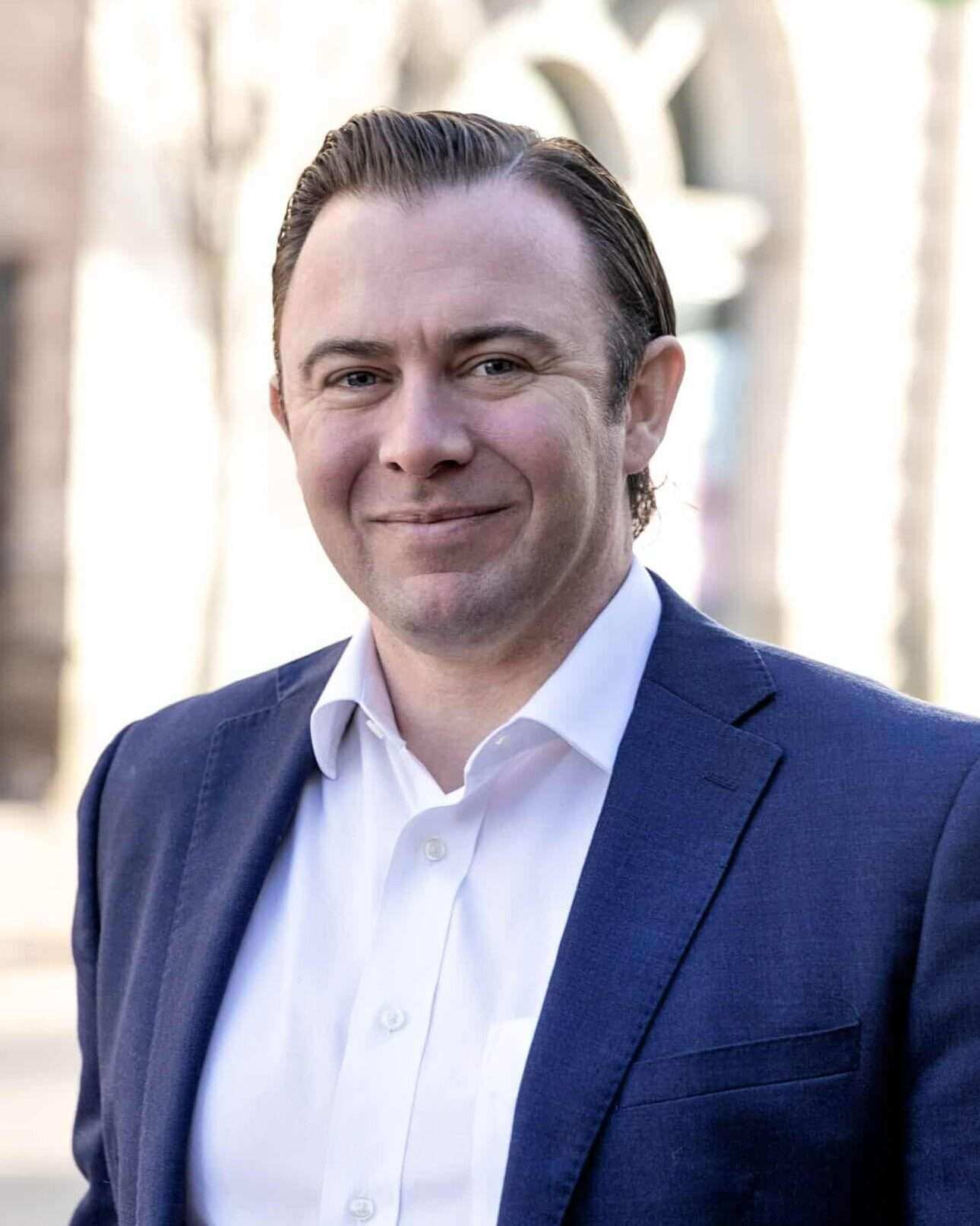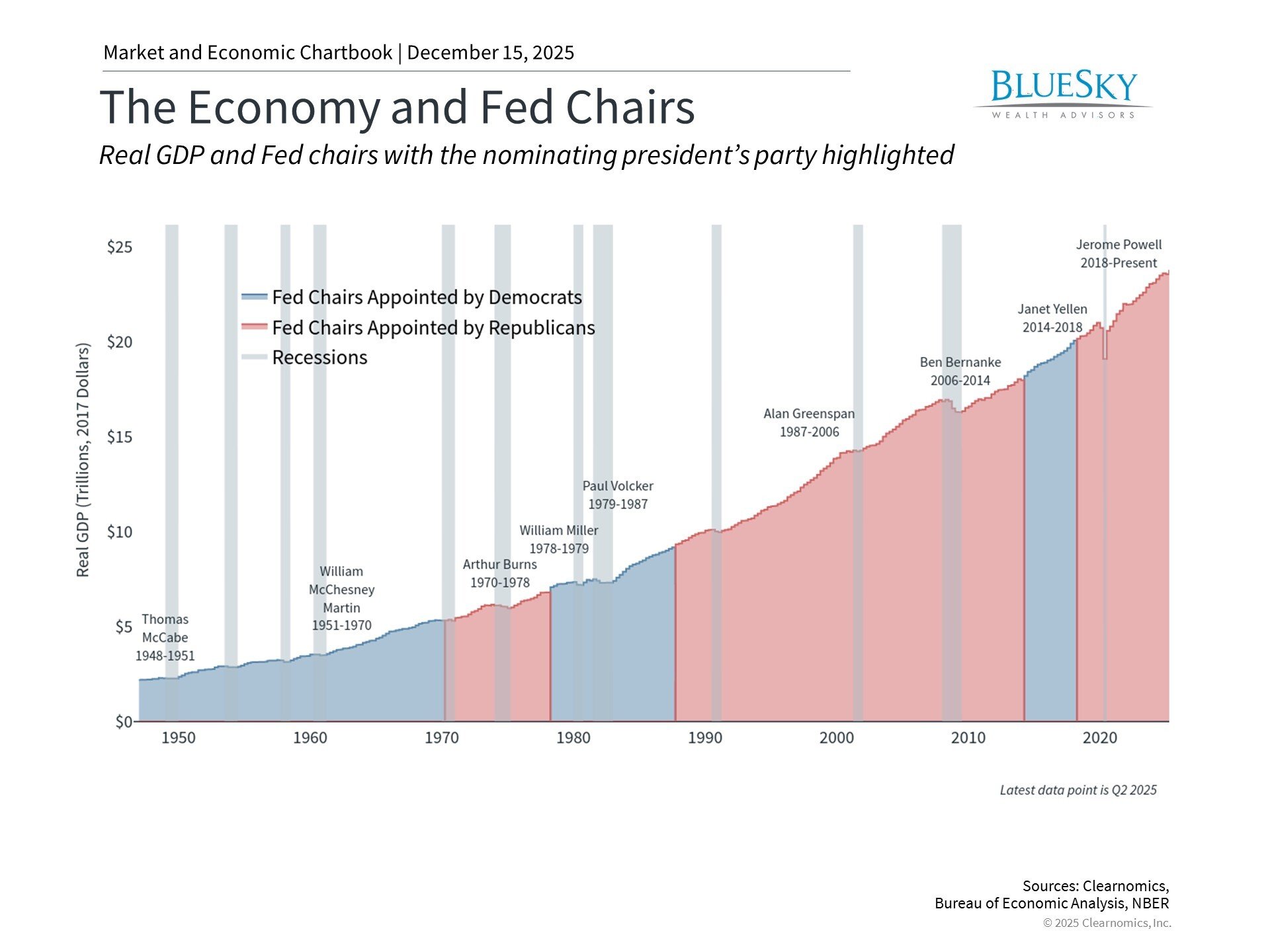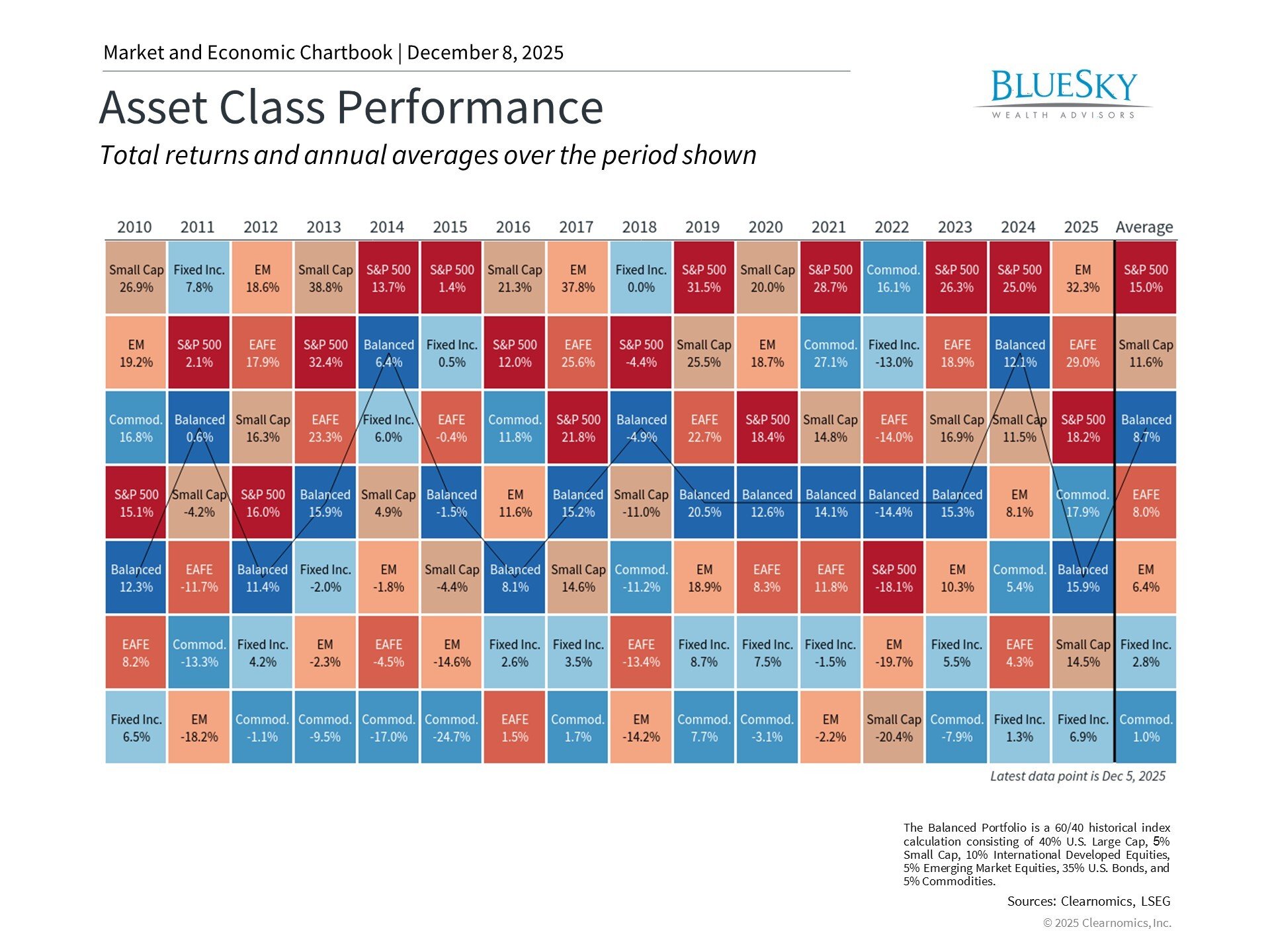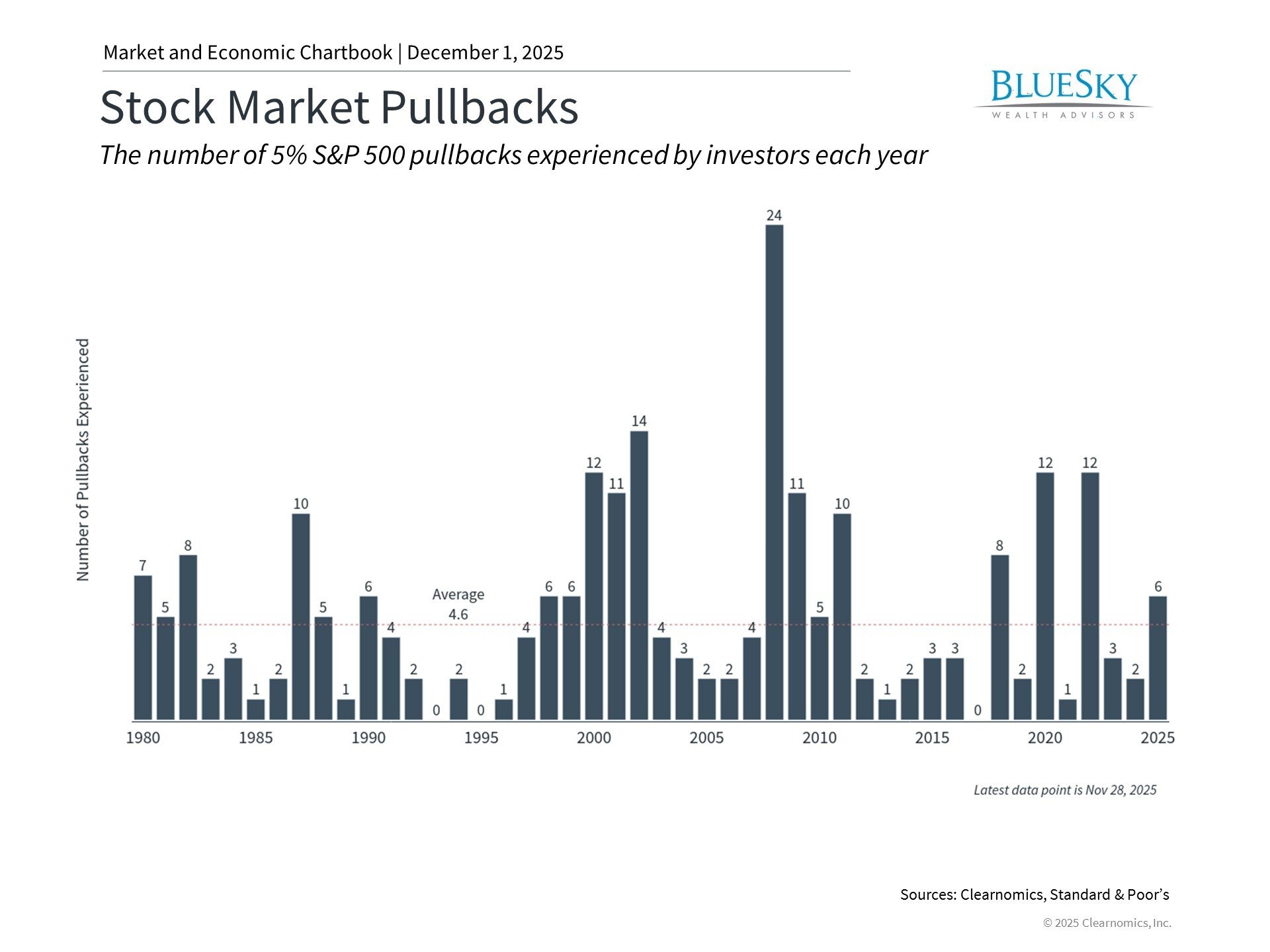
THE SECRET FORMULA FOR INVESTMENT RETURNS
THE SECRET FORMULA FOR INVESTMENT RETURNS

BlueSky Wealth Advisor John Gjertsen CFA, CFP®, EA is located in Acworth, Georgia.
In my early days as a financial advisor, I decided to pursue the Chartered Financial Analyst designation. I had recently passed the CERTIFIED FINANCIAL PLANNER™ exam, which gave me a broad range of practical planning skills, but it seemed incomplete without an in-depth, rigorous study of how to make sound investment decisions.
When asked why I attempted an enormously challenging three-year program (it took me four)—a program which is sometimes compared to a doctoral degree in Finance—I usually explain that financial conference speakers who were CFA charter holders would often use some of the nerdiest and confusing slides. I wanted to understand—and be educated enough—to verify the sort of research that they presented.
But also, if I’m honest, I remember thinking that if there were some “secret formula” to achieving superior investment returns—through technical patterns or fundamental analysis—the CFA program would probably be the right place to discover this high power and learn how to wield it. I suspect other candidates thought something similar. Hours of studying may have been fueled with the hope that we would be inducted into a prestigious club of investment rockstars who generally made winning portfolio decisions.
I discovered what many investment professionals are reluctant to admit: there is no secret formula.
Not only is there no secret formula, but as it turns out, the CFA Institute is wholly committed to distancing itself from the possibility that there could ever be such a thing. When they teach a section on the Code of Ethics and Standards of Professional Conduct, they state that it is an ethical violation to “imply, either directly or indirectly, that superior performance can be expected from someone with the CFA designation.”
In a world where information travels at the speed of light, there is just no feasible way to predict at any given moment whether an asset is under- or overvalued because all the information that is public is already built into the price. The massive weight of the evidence (Malkiel, Fama, Bogle and many more) in academic research on investing concludes that active strategies (stock picking) lose, in aggregate, after fees, to passive (own everything) strategies. Warren Buffet famously bet $1,000,000 in December 2007 that an unmanaged S&P 500 index fund would, over the following decade, provide better returns than an actively managed group of hedge funds. His margin of victory was so massive the counterparty settled early.
Thus, one challenge that looms over the financial advisory industry is how can any of us, who are regulated by the SEC as Registered Investment Advisors, claim any kind of edge over our competition when all our potential clients, naturally, care deeply about their investment returns?
If you’re a BlueSky Wealth Advisors client, you already know that we focus on holistic financial planning, making sure all aspects of your plan support your set of personal financial goals. We take tax avoidance strategies seriously and give advice on a wide range of decisions in areas like estate planning and risk management that have nothing to do with the investment portfolio. Inside the portfolio, our clients own a globally-diversified passive mix of assets. We keep portfolio expenses extremely low and use a segmented arrangement of products that allow us to opportunistically harvest tax losses.
Industry coach and NY Times “Sketch Guy” Carl Richards describes what we emphasize and deemphasize aptly with the following sketch:

I knew our approach at BlueSky was sound, but I had no idea it was so rare.
Almost exactly one year ago, I was interviewing with other firms, expecting to find something substantially similar to BlueSky in a larger metro area. I wasn’t unhappy with BlueSky, but I was ready to take a risk on a new opportunity and a new location. I thought I found it in December 2017.
In my brief separation, I either worked for, or interviewed with, other firms that:
- Believed in a passive investment approach, but used erroneous benchmarks and time value of money assumptions to overstate the value of their advice to their clients;
- Believed in an active approach, and made performance-chasing and performance reporting not only central, but the only offering to clients
- Believed that true diversification was impossible without using both active and passive strategies in combination (an absurd idea, as a blend of both is simply an active strategy that has made smaller active bets)
Without rehashing everything that happened this spring and summer, I’ll summarize what I have learned a lot about what some other firms in our industry are doing, and I’ve returned with a rekindled appreciation for the distinctive approach BlueSky takes.
Not only did I observe differences in ethics and competency, but I found vast differences I didn’t even expect to find in the overall scope of what work other firms are even trying to do for clients. To some degree, I believe this has to do with the financial planning profession being relatively young. But I think it also speaks to the various ways that professionals choose to cope with the fact they live in a world without a secret formula, but serve clients who (they believe) expect them to have it.
BlueSky does not have a secret formula for investment success. We don’t pretend to belong to a fictional club of investment soothsayers. Apart from diversification, patient long-term focus, and tax efficiency, our goal with investments is to let them do what they’re supposed to do without taking credit for them and to provide truly exceptional value in all the other decisions we help our clients make to support their total life plans.
I’m glad to be back on the BlueSky team.





